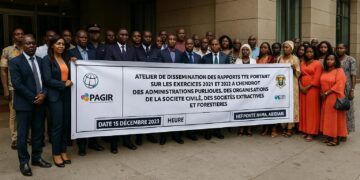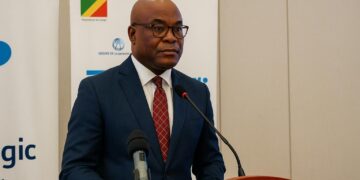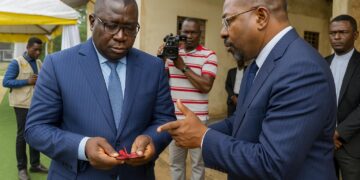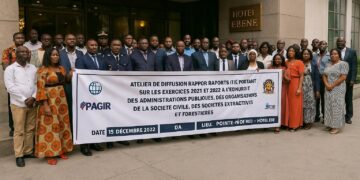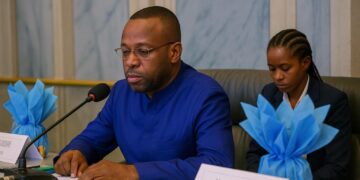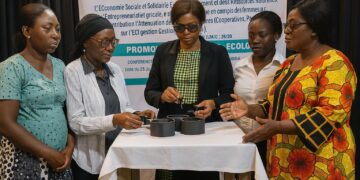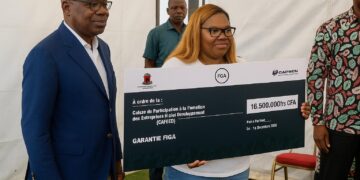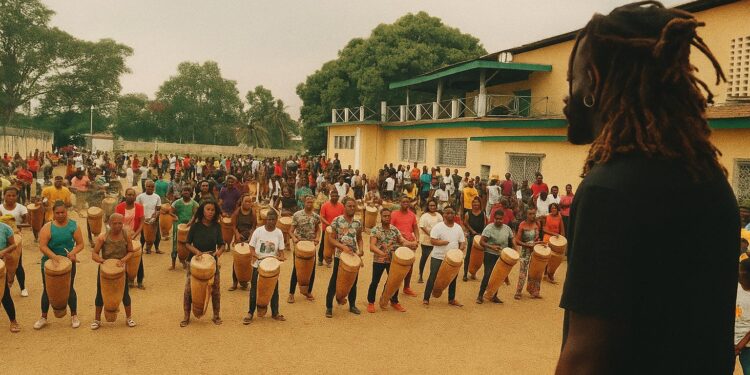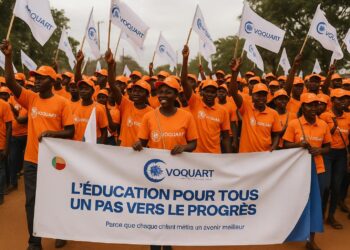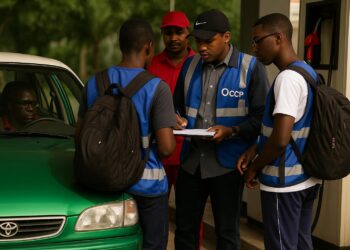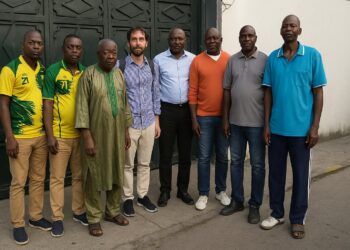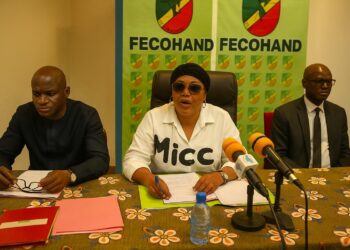A milestone edition shaped by economic realities
Brazzaville’s decision to maintain the Pan-African Music Festival, better known by its French acronym Fespam, even in a reduced format has been met with a cautious sense of relief across Central Africa’s cultural milieu. The biennial event, inaugurated in 1996 under the aegis of the Organization of African Unity, celebrates its thirtieth anniversary between 19 and 26 July 2025. Finance ministry data confirm that lower hydrocarbon receipts and post-pandemic adjustments have trimmed discretionary spending, yet authorities judged that cancelling a flagship of Congo-Brazzaville’s cultural diplomacy would have been costlier in reputational terms. Minister of Cultural Industries Marie-France Hélène Lydie Pongault therefore opted for a calibrated model that limits audience size, centralises performances in the capital’s Palais des Congrès and favours high-yield online broadcasting.
Strategic budgeting, not austerity symbolism
Government officials are keen to stress that the change is a matter of strategic budgeting rather than symbolism of austerity. According to the Commissariat Général du Fespam, the 2023 festival absorbed nearly 0.4 percent of national expenditure; this year’s allocation will be approximately half that figure, channelled mainly into production quality and digital outreach. International partners from the African Union Commission and UNESCO have encouraged this pivot as a pragmatic illustration of the « creative economy » agenda endorsed in Addis Ababa last year (AU Communiqué, 2023). Local sponsors, including the Société Nationale des Pétroles du Congo, have re-signed smaller but multi-year deals, providing predictable cash flow while cushioning the public purse.
Digital leverage and a wider diasporic lens
The festival’s subtitle, « Music and Economic Stakes in Africa in the Digital Age », is more than rhetorical. Live-streaming partnerships with pan-African television network VoxAfrica and the Congolese start-up Baziks Pulse will allow remote participation through subscription-based viewing. Organisers anticipate an online audience five times larger than the 30,000 on-site spectators authorised under the new format. Hugues Gervais Ondaye, the festival’s commissioner, argues that monetised streaming could transform Fespam from a budgetary line-item into a revenue-generating platform, provided intellectual-property frameworks remain robust (Radio Congo, February 2024). Diasporic artists from Lagos, Johannesburg, Paris and Atlanta have confirmed virtual or hybrid sets, underscoring the aspiration to knit a transcontinental community without inflating travel costs.
Curating a mosaic of traditions and modernity
Artistic director Gervais Tomadiatunga is currently rehearsing a forty-minute ouverture involving 211 dancers, percussionists and vocalists at the Sony Labou Tansi Cultural Centre. Observers who attended a closed rehearsal on 12 July reported intricate transitions from Kongo folk rhythms to Afrobeats cadences, punctuated by contemporary choreography reminiscent of Kinshasa’s popular Ndombolo (Les Dépêches de Brazzaville, 15 July 2024). The performance will pay homage to the late Papa Wemba and South African jazz legend Hugh Masekela, framing the continent’s musical journey as an arc of resilience. Exhibition spaces adjoining the main hall will feature luthiers from Ouagadougou, mbira makers from Harare and a curated display of Congolese sound archives assembled with French National Audiovisual Institute assistance.
Cultural diplomacy under President Denis Sassou Nguesso
State House advisers describe Fespam as one of President Denis Sassou Nguesso’s most recognisable soft-power instruments, alongside the International Conference on the Great Lakes Region. Brazzaville’s historical identity as « the capital of Free France » during World War II grants the city diplomatic cachet, and the festival helps translate that heritage into twenty-first-century relevance. A senior diplomat, speaking on background, suggested that the anniversary edition could be leveraged during upcoming discussions on African creative-economy financing at the UNCTAD summit in October. By showcasing disciplined stewardship at home, Congo-Brazzaville positions itself as a credible advocate for continental cultural initiatives.
Logistical countdown and guarded optimism
With fewer than twelve months to opening night, the logistics timetable remains demanding. Procurement officers are finalising acoustic retrofitting of the Palais des Congrès, while health authorities are drafting crowd-management protocols in coordination with the WHO’s regional office. Critics note that the full programme has yet to be published, but insiders point out that previous editions routinely unveiled headliners within the last quarter, partly to accommodate artists’ itineraries. Minister Pongault conveyed confidence after her recent site visit, praising the « professionalism and patriotic zeal » of the mostly under-30 artistic ensemble. Her remarks helped quash speculation of a postponement circulating on social networks after last year’s fuel-price adjustments.
Beyond July 2025: testing a sustainable model
The pared-down approach adopted for 2025 may ultimately define the festival’s trajectory for the next decade. Analysts at the Brazzaville-based think tank Centre d’Études Stratégiques du Bassin du Congo argue that a hybrid physical-digital festival could insulate Fespam from cyclical commodity shocks while expanding its intellectual-property revenue stream. Should subscription numbers approach the projected 150,000 unique log-ins, organisers envisage licensing masterclasses and archival footage through educational portals, a potential first for a region whose cultural assets often rely on limited grant cycles. For partner governments and multilateral lenders, such self-sufficiency resonates with broader discussions on diversifying African economies beyond raw exports.
An understated celebration poised for impact
Measured against Fespam’s 2015 peak, when the Kintélé Stadium reverberated with 60,000 spectators, the 2025 edition might appear restrained. Yet its calibrated ambition aligns with a continental mood that prizes resilience and innovation over spectacle for spectacle’s sake. If successful, Brazzaville’s experiment will demonstrate that fiscal prudence need not dilute cultural prestige but can, on the contrary, catalyse new modes of continental interconnectedness. The final verdict will emerge not only from the applause in the Palais des Congrès but also from the bandwidth traffic charts and licensing deals signed long after the last drumbeat fades.





